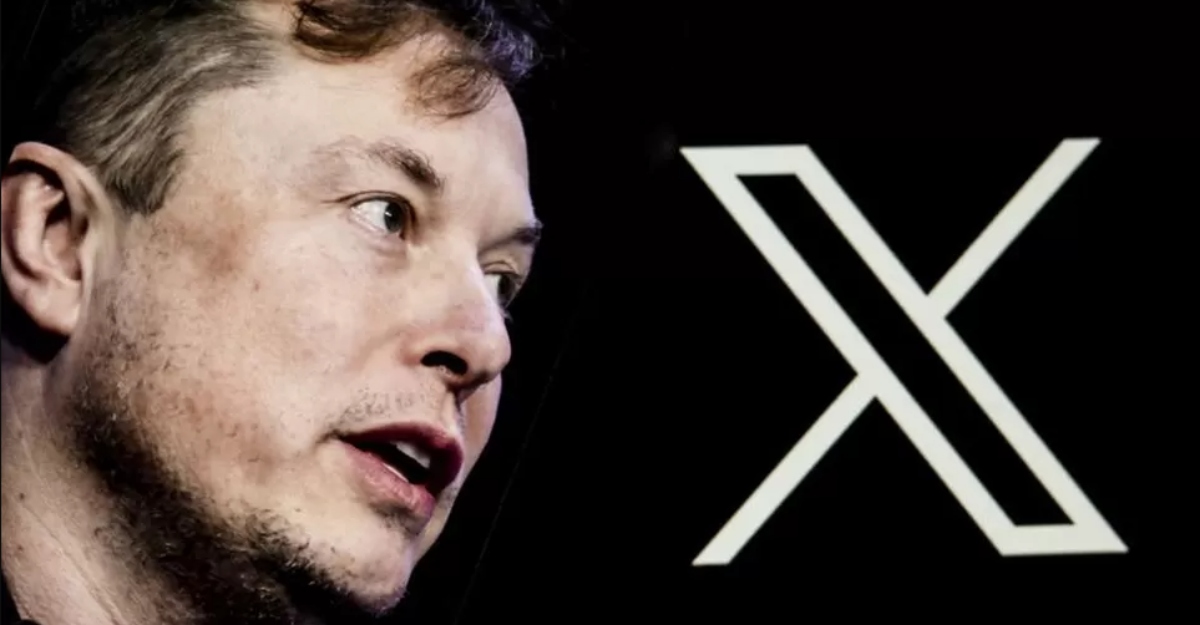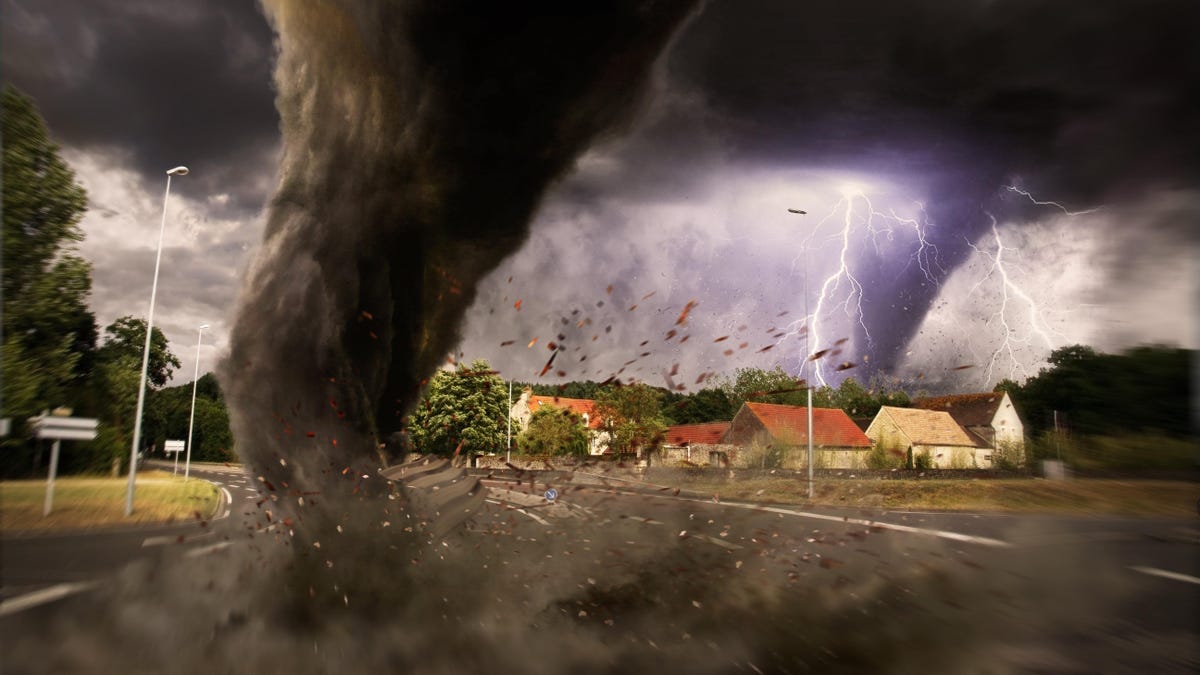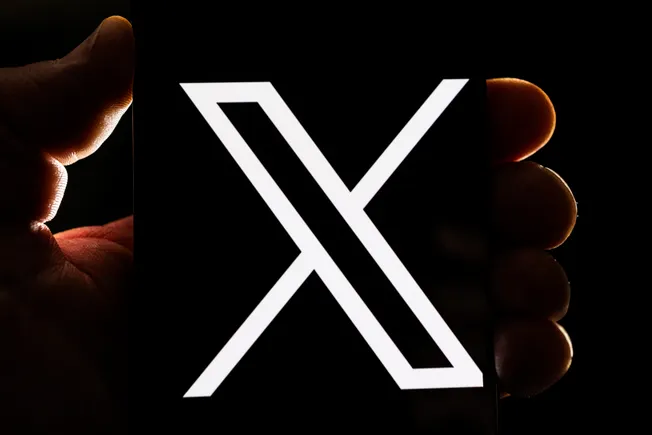Twitter X rebrand: Musk repeats Zuckerberg’s mistake as he takes the biggest risk of his life
Twitter's rebrand is Musk's boldest stunt yet. In the coming months, we'll see if he wows the world again or if he took on too much.

Disclaimer: Opinions expressed below belong solely to the author.
Renaming any product or service is never an easy task and is typically undertaken when there are absolutely no other options. Once the decision is made, the process should be carried out in the most seamless way possible to avoid losing any existing brand recognition and customer goodwill.
You will typically witness it as a cost saving measure after company mergers or unification of product names by MNCs operating across many different markets.
Recently it could also be witnessed in a new application in the USA: as a way for companies to adapt to modern racial sensitivities and remove African or Native American characters from some consumer products or sports teams.
 In the bizarre world of USA, some century old brands, like Aunt Jemima or Uncle Ben’s, have recently been replaced with new names and identities, reportedly in response to changing racial sensitivities.
In the bizarre world of USA, some century old brands, like Aunt Jemima or Uncle Ben’s, have recently been replaced with new names and identities, reportedly in response to changing racial sensitivities. Snickers used to be known as Marathon in the UK, until 1990 – though, as you can see, both chocolate bars shared many visual similarities that made the transition much easier than it otherwise could have been.
Snickers used to be known as Marathon in the UK, until 1990 – though, as you can see, both chocolate bars shared many visual similarities that made the transition much easier than it otherwise could have been.The whole challenge is made much easier if there is at least a perceived upgrade associated with the new name — e.g. replacing it with a better known, global brand, or adding new features that now become associated with the completely new name.
This is why Elon Musk’s rather unexpected jump to rename Twitter as X is so risky — not only is it unconventional (rebranding an existing, highly popular service) but it brings nothing new to users (at least not yet).
In other words — there’s no logical reason for it.
American WeChat
Of course, the big promise Elon Musk made last year was that Twitter would be a stepping stone in development of a super-app, named X (after Elon’s second company, X.com, a payment business later merged into what would become PayPal), similar to the highly successful Chinese WeChat, without which life in modern China is very nearly impossible.
It’s not only used for interacting with millions of other users, celebrities or companies, but doubles as a messaging app, a payment processor or an ecommerce platform.
Since the concept has worked so well in China why shouldn’t it succeed in the West?
This is a perfectly valid question and a challenge to take head on — particularly if you’re a successful serial tech billionaire, currently the richest in the world.
That said, changing Twitter’s name before any of the features touted by Musk are launched is putting the cart before the horse. In fact, there isn’t even any public timeline showing when and what we could expect from X.
In other words, what we’re getting now the very same Twitter just with a weird new name and likely months of relative stagnation before any groundbreaking new features are released. All of this among continuous media controversy and at least some questionable decisions which impacted user experience on the platform in recent months.
Is this something that any business owner should want to associate the new name with?
Such a drastic change would be controversial even if everything was ready. Doing it so abruptly, without any concrete promises, serves to do little else than generate attention which, however, has no chance to translate into meaningful engagement since, behind the new name, there’s just the same old service.
Elon Zuckerberg
In many ways what Musk has done is a repetition of Mark Zuckerberg’s blunder in launching Threads — a Twitter wannabe competitor — which I commented on here and here in the past two weeks.
 This AI-generated image of two tech foes holding hands made rounds on social media last week.
This AI-generated image of two tech foes holding hands made rounds on social media last week.The new app launched to spectacular interest only to fall flat on its face days later when users discovered that not only is it in no meaningful way different to Twitter but that it can be annoyingly underdeveloped in comparison (and that once you’re in you can’t delete your account without erasing your Instagram with it).
The momentum was squandered because there was nothing new to be gained from signing up — and might not be for a long time, by when few are going to care anymore.
Similarly, Twitter’s metamorphosis into X has only managed to generate news headlines and, at most, a bump in traffic by users checking what’s what. But that’s it.
Ideally, the launch should have been accompanied by a host of new features which would help with user stickiness.
In their absence, the next best thing would be to see at least some of them appear within the first few weeks, before the new name becomes associated with Elon’s erratic behaviour more than his far-sightedness.
There’s a genuine risk it could become a reason for global mockery much like Mark Zuckerberg’s other questionable rebranding effort: when he ditched Facebook in favour of Meta as the company name.
 Image Credit: Know Your Meme
Image Credit: Know Your MemeBetting the future of his entire business on the elusive vision of virtual metaverse has thus far generated far more engagement through memes ridiculing the entire effort than any service that people would actually use — even after tens of billions of dollars spent over the past 2 years.
But Zuckerberg has gone all in and he cannot backtrack now, proving yet again that pride does, indeed, come before a fall.
Elon’s biggest gamble ever
Musk isn’t a stranger to big bets: most notably putting $100 million he made from PayPal’s sale into SpaceX, with the rest of his wealth at the time going to Tesla and SolarCity, leaving him with no cash on hand.
Fortunately, they paid off and he’s the richest man in the world right now.
But it also means that in terms of both money involved — US$44 billion he paid to acquire Twitter — and potential reputational damage (being the world’s top businessman who has made many enemies on the climb up), it is by far the most risky challenge he has ever taken.
If he fails at it — or continues to struggle, even with the new CEO in charge since June — it could erode the trust placed in him running other ventures and become a topic for ridicule in the future, especially given the publicity and controversy surrounding his management style and opinions.
It has already created some backlash among most sceptical of Tesla shareholders but as long as the company continues to deliver (as it has thus far), Musk is safe at the helm.
No other billionaire knows how to attract public’s attention quite as well as Elon does. However, his various PR spins have generally been followed by measurable business success at SpaceX and Tesla. Global public and investors will overlook personal quirks as long as rockets are flying and money is tumbling in. But what if they slow down?
Bulldozing an established brand that Twitter is — which, in itself, had considerable residual value — is his most daring stunt yet. And the bigger the stunt the bigger the expectations.
If he cannot follow through with his promises, it may become the most significant dent in his reputation yet — and not without impact on his other ventures.
The coming months will show us if he can wow the world yet again or whether he finally bit off more than he can chew.
Featured Image Credit: Getty

 Aliver
Aliver 






























